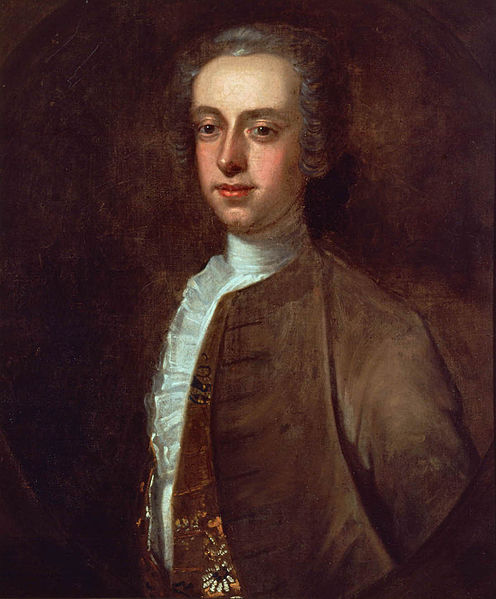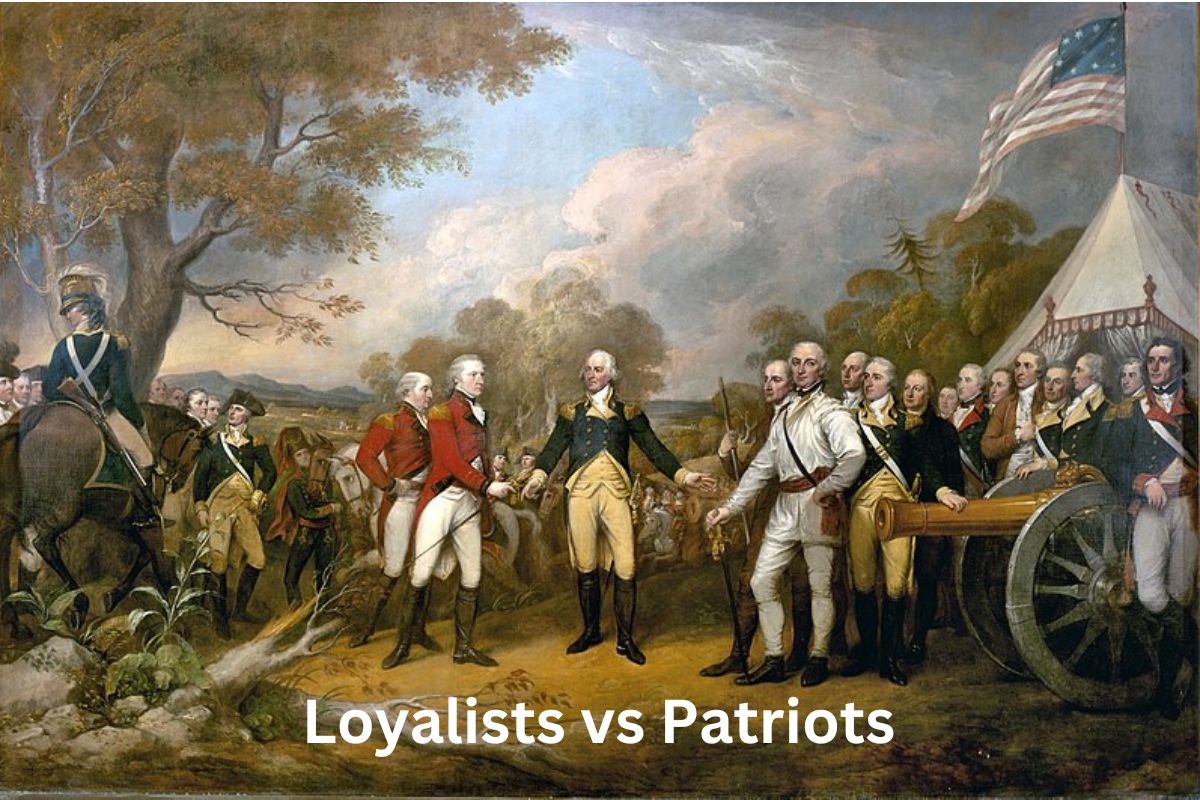The American Revolution was a pivotal moment in the history of the United States, as the colonies fought for their independence from Great Britain. During this time, two main factions emerged: the Patriots and Loyalists.
These groups had different beliefs, motivations, and origins, and their actions and choices played a significant role in shaping the outcome of the Revolution.
Loyalists vs Patriots
During the American Revolution, some colonists, known as Loyalists, remained loyal to the British monarchy while others, known as Patriots, rose out in rebellion against it.
| Aspect | Loyalists | Patriots |
|---|---|---|
| Loyalties | Remain loyal to the British Crown | Support independence from British rule |
| Beliefs | Maintaining ties with Britain for stability and protection | Self-governance, individual liberty, and democratic ideals |
| Membership | Wealthy landowners, government officials, Anglican clergy | Merchants, farmers, artisans, intellectuals, diverse groups |
| Actions | Opposed independence movement, faced persecution | Organized protests, boycotts, military resistance |
| Treatment | Persecution, confiscation of property, imprisonment | Opposition, labeled traitors, ostracism |
| Role in War | Some fought for the British, others supported passively | Active military resistance against British rule |
| Outcome | Experienced loss of property, exile, or integration | Achieved independence for the colonies, formation of the USA |
Who Were the Loyalists?

The Loyalists, also known as the “Tories,” were colonists who remained loyal to Great Britain during the Revolution. They believed that the colonies owed allegiance to the British crown and that they had a duty to obey the laws and regulations imposed by the British government.
Many Loyalists were motivated by a sense of loyalty and duty, and they saw the Revolution as a betrayal of their oaths of allegiance to the king.
Also Read: Loyalists Facts
Like the Patriots, the Loyalists were a diverse group that included farmers, merchants, artisans, and intellectuals. However, they were more likely to be found in the Southern Colonies, where they made up a significant portion of the population. Some of the most famous Loyalists include John Dickinson and Thomas Hutchinson.
Who Were the Patriots?

The Patriots, also known as the “Whigs,” were colonists who supported the cause of independence from Great Britain. They believed that the colonies had the right to govern themselves and that they were being oppressed by the British monarchy and government.
Also Read: Facts About Patriots
Many Patriots were inspired by Enlightenment ideas about natural rights and democracy, and they saw the Revolution as an opportunity to create a new, more equitable society.
The Patriots were a diverse group that included farmers, merchants, artisans, and intellectuals. They came from all walks of life and were found in every colony, though they were particularly active in New England and the Middle Colonies.
Some of the most famous Patriots include Thomas Jefferson, Benjamin Franklin, and John Adams.
Differences between the Loyalists and Patriots
The Patriots and Loyalists differed in their beliefs, motivations, and origins, and these differences played a significant role in the outcome of the Revolution. The Patriots were more united and better organized, and they were able to rally support from a broad cross-section of the population.
They were also more successful at framing the Revolution as a fight for liberty and democracy, which appealed to many colonists who were disillusioned with British rule.
In contrast, the Loyalists were more divided and less organized, and they struggled to gain widespread support. They were also less successful at framing the Revolution as a fight for loyalty and duty, which was less appealing to many colonists who were fed up with British oppression.
Despite these differences, both the Patriots and Loyalists made significant contributions to the outcome of the Revolution. The Patriots provided the leadership, organization, and vision that were necessary to win the war, while the Loyalists played a vital role in maintaining order and stability in the colonies.
In the end, the Patriots emerged victorious, and the United States was founded as an independent nation. However, the legacy of the Patriots and Loyalists lives on, as their actions and choices continue to shape the course of American history.
